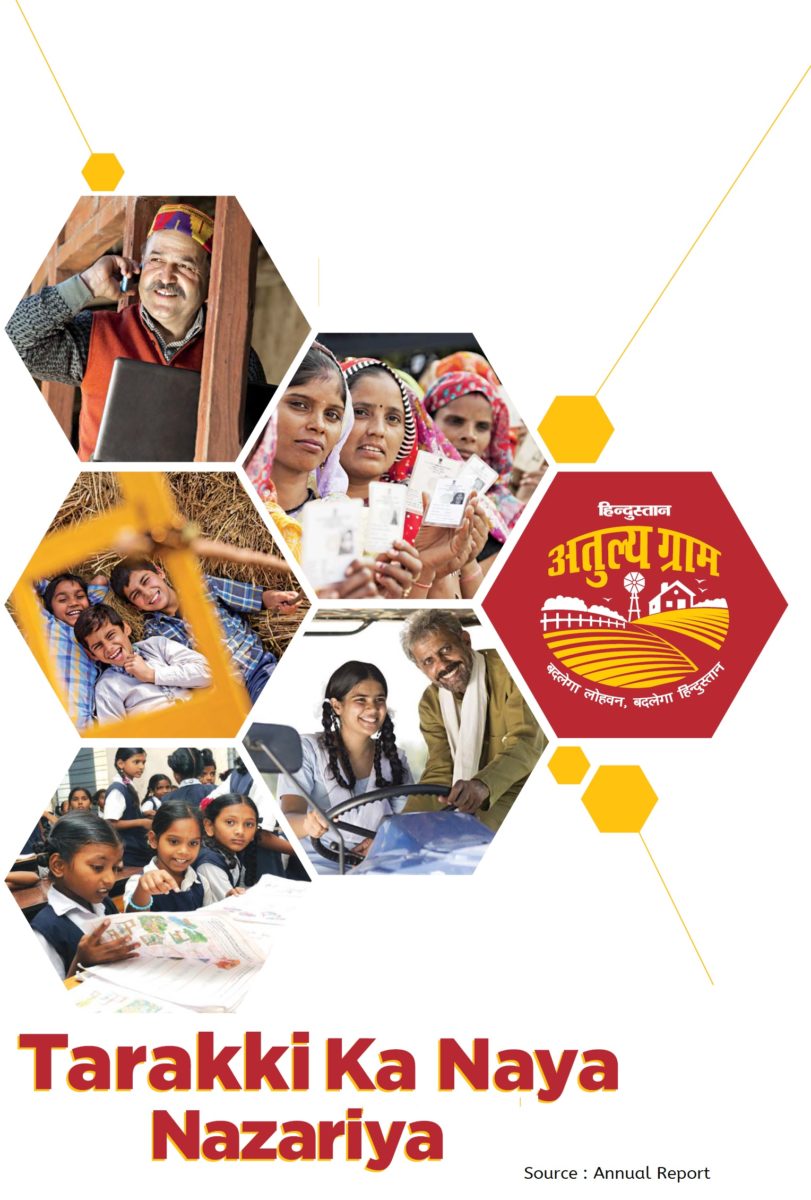Online travel firm Yatra Online Inc. on Monday said that it has completed its reverse merger with Terrapin 3 Acquisition Corp., which will result in the latter becoming a partially owned subsidiary of Yatra.
Shares of the new entity will start trading on the US stock exchange Nasdaq under the ticker symbol YTRA, Yatra Online said in a statement.
In July, Mint reported that Yatra had agreed to reverse-merge with Terrapin in a deal that assigned an enterprise value of $218 million to the Indian online travel agency.
As part of this process, Yatra has raised over $92.5 million of primary capital from global investors, the statement said.
The merged entity, Yatra Online Inc., will continue to be led by Yatra’s management team under the leadership of co-founder and chief executive Dhruv Shringi. The board of Yatra will have five members from Yatra and one new member from Terrapin.
“The additional capital raised will be used by us to further accelerate our growth, invest in mobile technology, and expand our multi-channel distribution network. With a well-established brand, a large loyal customer base, and a strong balance sheet, we are a strong force to reckon with in the Indian travel market,” said Shringi.
Launched in 2006, Yatra, through its yatra.com website, provides travel and hotel reservations for leisure and business travellers in India.
Yatra customers booked more than 2.8 million air travel reservations and hotel stays with a total transaction value of more than $900 million during the year ended 31 March, an increase of 25% from the previous year.
Norwest Venture Partners, Reliance Venture Asset Management Ltd and Intel Capital are some of its investors.
The cash infusion is critical for Yatra, and comes at a time when its competitor MakeMyTrip Ltd has acquired Naspers-backed Ibibo Group’s travel business in an all-stock deal, creating India’s largest online travel company, Mint reported in October.
According to Shringi, Yatra will be using the primary capital raised through the transaction for creating brand awareness in newer markets and for investing in technology.
“We have seen in the last 12 months that aviation in India is becoming more of mass market product from being an elitist product. This trend is going to only accelerate; one on the back of the new program that the government is trying to push through. We think all the macros are right for us to go in and penetrate deeper into tier-II and III markets and that will be one of the use cases for the capital,” said Shringi.
The recent demonetization decision by the central government will also aid the company’s push into tier-II and III markets, thanks to increased digitization, added Shringi.
“We have got this digitization of payments coming through on the back of demonetization. The kind of digital transformation that we would have expected over a three-year horizon is going to get compressed over a six-month period,” he said.
Investment in technology is the other key use of the fresh capital. “On the technology side, we think that there is incremental opportunity to invest behind mobile technology—a large part of the new customer base will through the mobile platform only. We have an alliance in place with Reliance Jio and there are some products that are being built specifically for the Jio platform,” said Shringi.
Shringi said he expects the merger of MakeMyTrip and Ibibo to reduce the intensity of competition. “The competitive intensity should come down because earlier these companies were burning a lot of cash. With competitive intensity coming down, it will benefit the entire industry in terms of economics,” he said.
Recent Articles on M&A
Source: Mint




